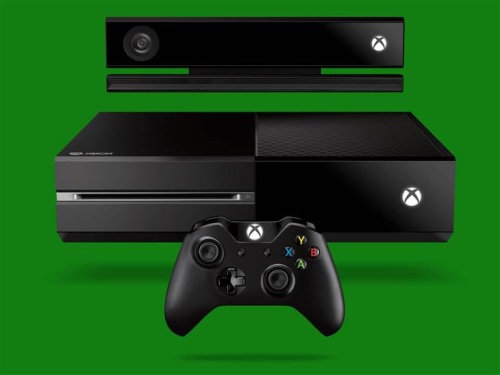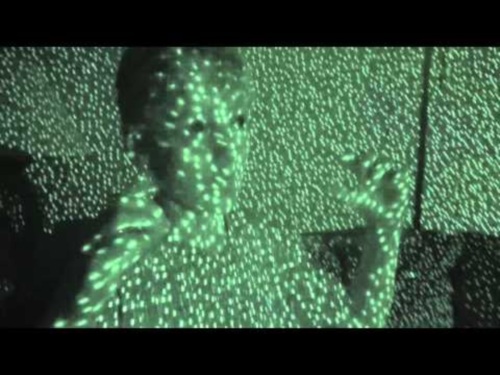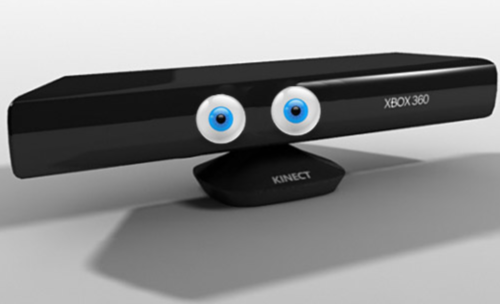Microsoft launched its new Xbox One console last week to mixed reviews. Some were applauding the company’s updates while others complained that the console didn’t work with their favorite old games.

Microsoft’s new Xbox One gaming console (Image via msn.com).
While no company can please everyone, it appears as though a majority of people are together when it comes to concerns about the latest version of the motion-sensing Kinect technology. You see, the device is used to monitor user movements. As such, it includes a camera. But the camera is much more advanced than something that simply monitors movement – it can also see in the dark, pick up voice commands with a built-in microphone, and read an individual’s heart rate via infrared cameras that track blood flow underneath the skin.

The Kinect can record a user’s heart rate using infrared cameras (Image via youtube.com)
That’s a lot of technology accessing a lot of information inside a user’s home. But that’s not the real concern —what’s bothering users is the fact that the console can connect to the Internet, which makes the information hackable to cyber criminals who can use it for spying.
Also, it’s been suggested the system’s microphone and camera can always be left on, so the technology’s constantly listening and watching, which can be downright creepy.

(Image via govtslaves.info)
Adding fuel to the fire, it was recently discovered that Microsoft filed a patent for technology to be added to the Kinect that would give it the ability of being able to count the number of people in a room.
The point? To charge each person for pay-per-user content.
Specifically, the patent outlines how a camera can be used with face and gesture recognition as part of a Kinect-style system to enforce “age and identity restrictions” on different kinds of content, thereby granting copyright holders virtual access to a user’s home.
Obviously, rage and finger pointing ensued once gamers discovered the patent, and Microsoft’s PR department has been working overtime trying to play down everyone’s privacy concerns. This was evidenced rather clearly in an interview that Vice President Phil Harrison did with Eurogamer, during which he said that Microsoft is a “leader in the world of privacy” and that they were not “using Kinect to snoop on anybody at all.”
One of the more vocal critics of the technology is Germany’s federal data protection commissioner, Peter Schaar, who said in an interview with Germany newspaper “Der Spiegel” that he was uncomfortable by how the Xbox One could be used to “record all sorts of personal information.”
He added, “The fact that Microsoft is now spying on my living room is just a twisted nightmare.”
Microsoft has responded to Schaar and all critics by saying that the new Kinect will have “simple, easy methods to customize privacy settings, provide clear notifications and meaningful privacy choices for how data will be used, stored and shared.”
The solution to all of this is, of course, to unplug the device and pack it away when it’s not in use. What do you think, though: is Microsoft overextending itself into our homes or do consumers need to be more accepting of the fact that this is simply the direction in which all technology is heading?
Story via: slate.com
Advertisement
Learn more about Electronic Products Magazine





